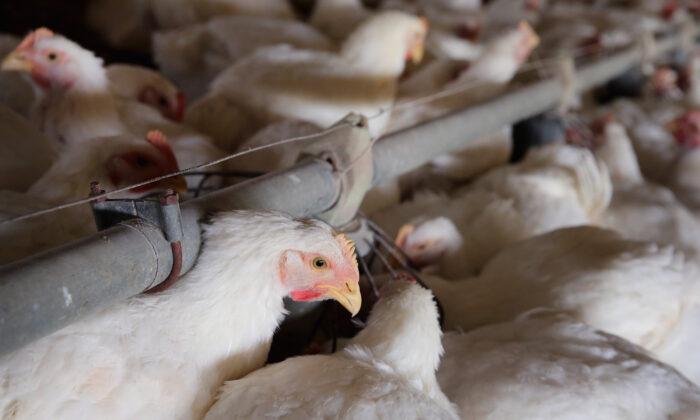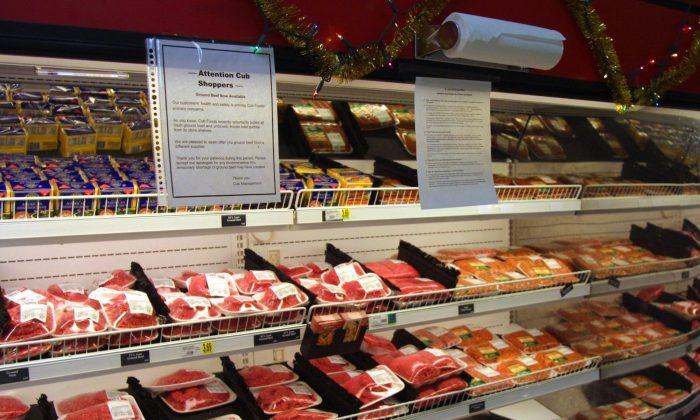According to the U.S. Department of Agriculture’s daily Midwest regional egg report on April 11, the price of a dozen large grade A white eggs for retailers in the Midwest reached between $2.80 and $2.89, more than double the $1.25 cost in March 2022.
For humans, “the risk to the general public’s health from current H5N1 bird flu viruses is low,” and the virus is “primarily an animal health issue,” according to the Centers for Disease Control and Prevention, but the flu is very deadly for poultry stocks.The USDA’s standard protocol is to kill infected flocks to curb the spread of the disease, due to the flu’s deadliness and ease of spread to domesticated poultry.
Some stores appear to be coping with higher costs by eliminating their egg promotions rather than raise prices, but prices are eventually likely to go up the longer this crisis continues.
“I would expect we’re going to see at least a 30 or 40 percent premium on top of [typical prices] through the summer months this year as a result of the tighter supply,” Earnest told CNN Business.
The number of egg-laying hens was relatively low, even before the avian flu hit the United States this year.
Frozen or dry egg stocks are “down significantly from what they typically are,” said Earnest, who believes this is a sign that there will be some egg shortages later in 2022.






Friends Read Free